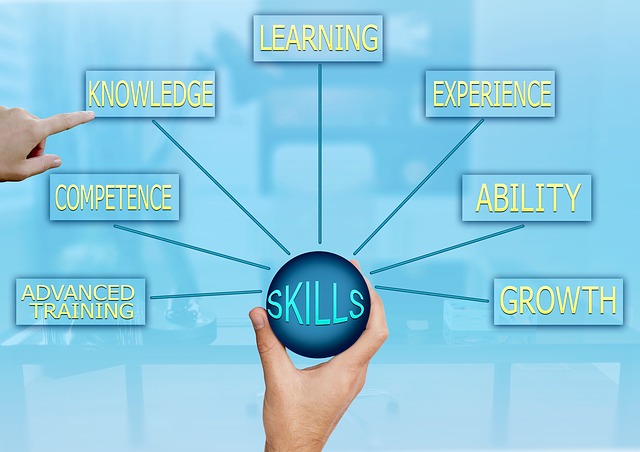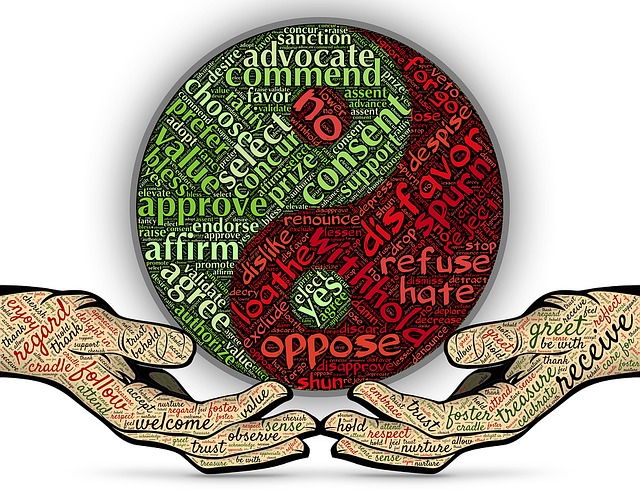Jack Kornfield and Tara Brach in a recent video session, Answering the Call, discussed their advanced training for people who want to become certified mindfulness meditation trainers and identified what is required to be a trainer in this area.
Personal prerequisites to become a mindfulness meditation trainer
Tara and Jack discussed a number of prerequisites including heartfelt intention and an experience base to enable sharing realised, personal benefits from mindfulness practice. To start on this journey, potential meditation trainers must have a genuine desire to share their knowledge, skills and experience for the benefit of others who may be dealing with difficulties in coping with everyday life. So, the starting point is a desire to share in an understanding and compassionate way.
A related prerequisite is experience of daily meditation practice and its benefits. This is critical as genuine sharing can motivate others. The experience base of personal meditation practice is essential to be in a position to guide others and respond knowledgably to penetrating questions.
Personal skills and perspectives required for Meditation trainers
It takes courage to set out on this journey, together with trust in your own capabilities to teach meditation practice. Self-awareness, gained through daily meditation practice, is important to enable you to monitor what you are thinking, feeling and doing and what impact these are having on others. Associated with this, is a willingness to be vulnerable in the course of teaching meditation. Forgiveness meditation, as taught by Diana Winston, can be very helpful in this regard.
A fundamental skill in any form of coaching or training is the ability to listen for understanding. Effective listening builds trust and relationships and is a basis for credibility as it demonstrates that you have your “ego” under control, do not push your own agenda and can effectively manage your own emotions. Listening communicates that you value the relationship, are open to the needs of others and are willing to help them explore possible solutions to problems they are experiencing.
Self-management, then, is critical to become an effective mindfulness meditation trainer. This extends to issues of money, power and sex. It is easy to become carried away with the power of influence that you will enjoy (particularly if you do not have your ego under control). Having unresolved needs can make you more vulnerable to the temptation to misuse your power to gain favours, whether sexual or monetary. Therefore a strong commitment to ethical practice is essential.
As you grow in mindfulness through your own daily meditation practice, you will develop the desire to share the benefits with others to help them cope with the pressures of modern life. You will be well placed if you have developed self-awareness and self-management and have a depth of experience to enable sharing in a confident and trusting way. The process of teaching meditation, in turn, will build your own mindfulness, confidence and trust in your capacity to teach.
By Ron Passfield – Copyright (Creative Commons license, Attribution–Non Commercial–No Derivatives)
Image source: courtesy of diwou on Pixabay
Disclosure: If you purchase a product through this site, I may earn a commission which will help to pay for the site, the associated Meetup group and the resources to support the blog.



